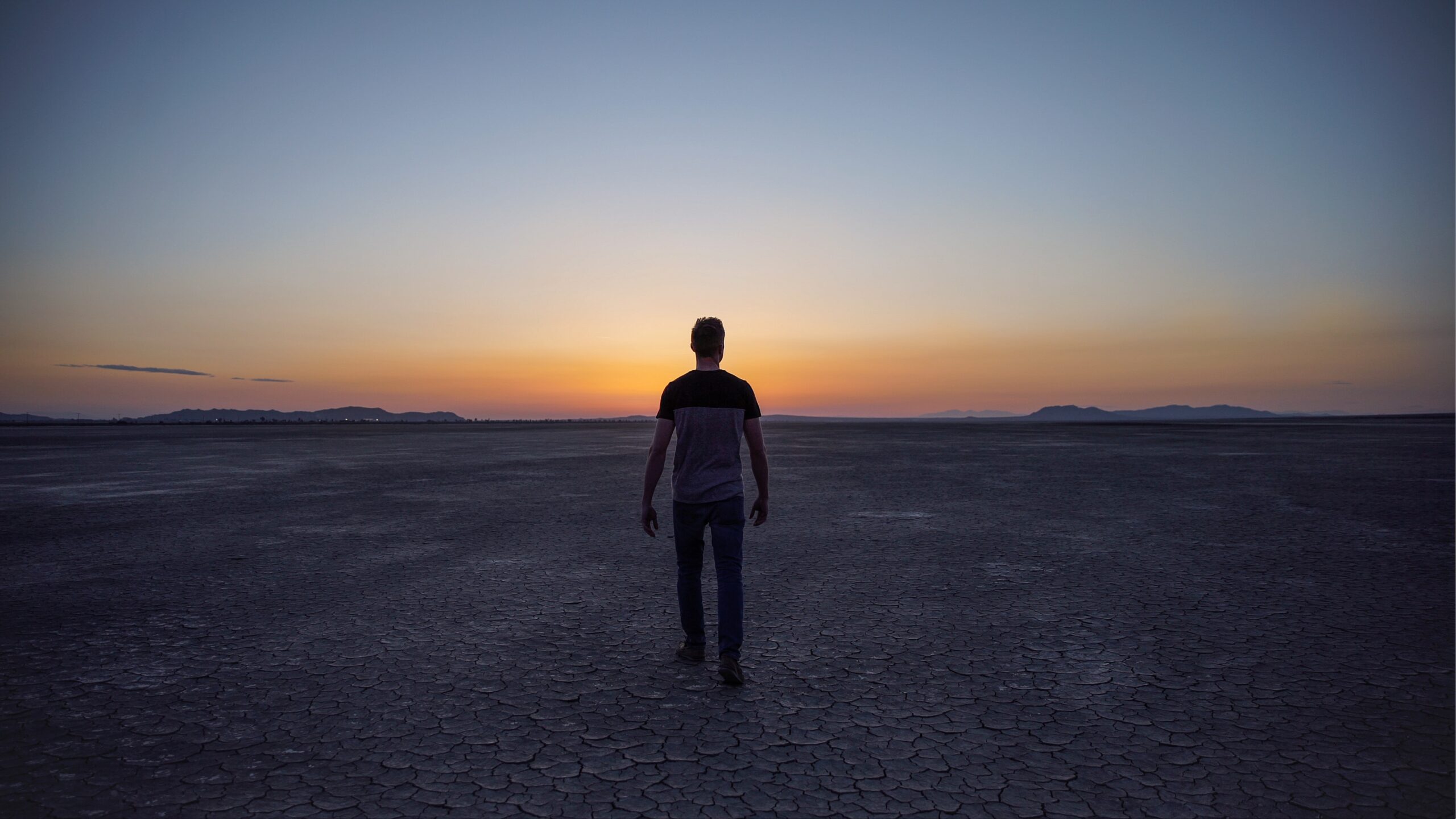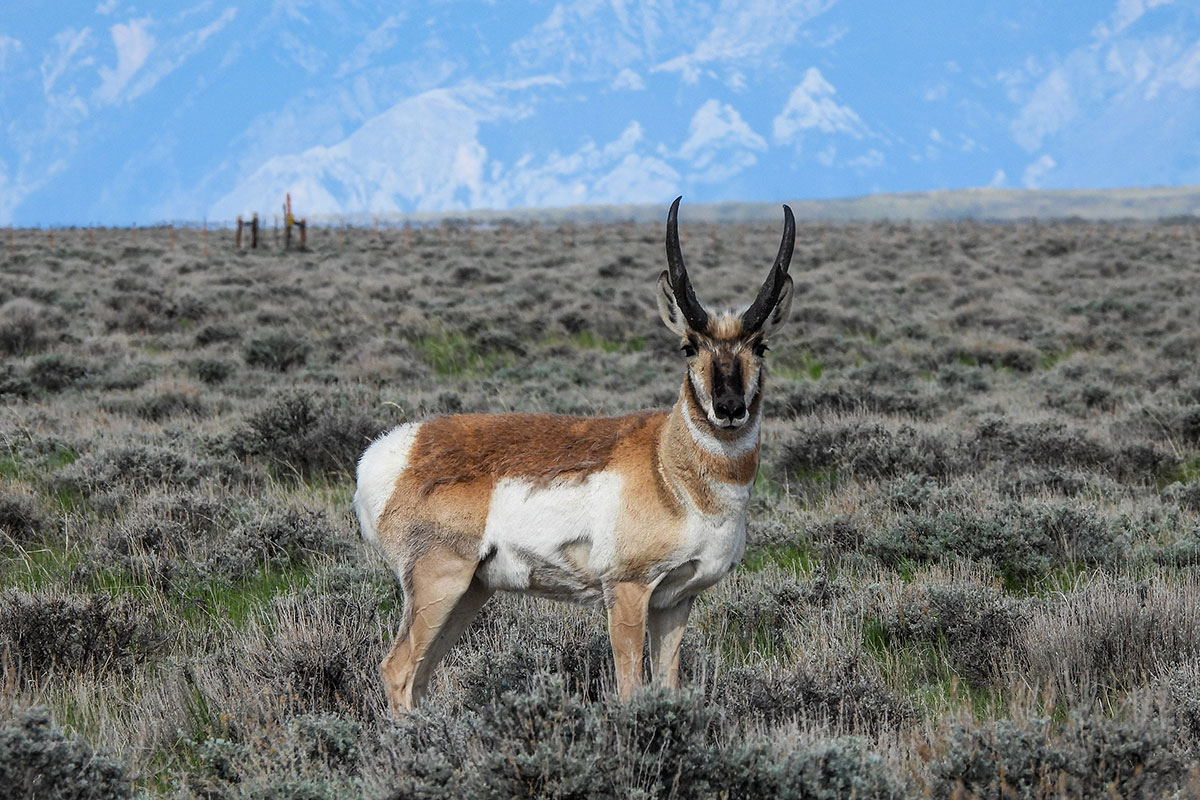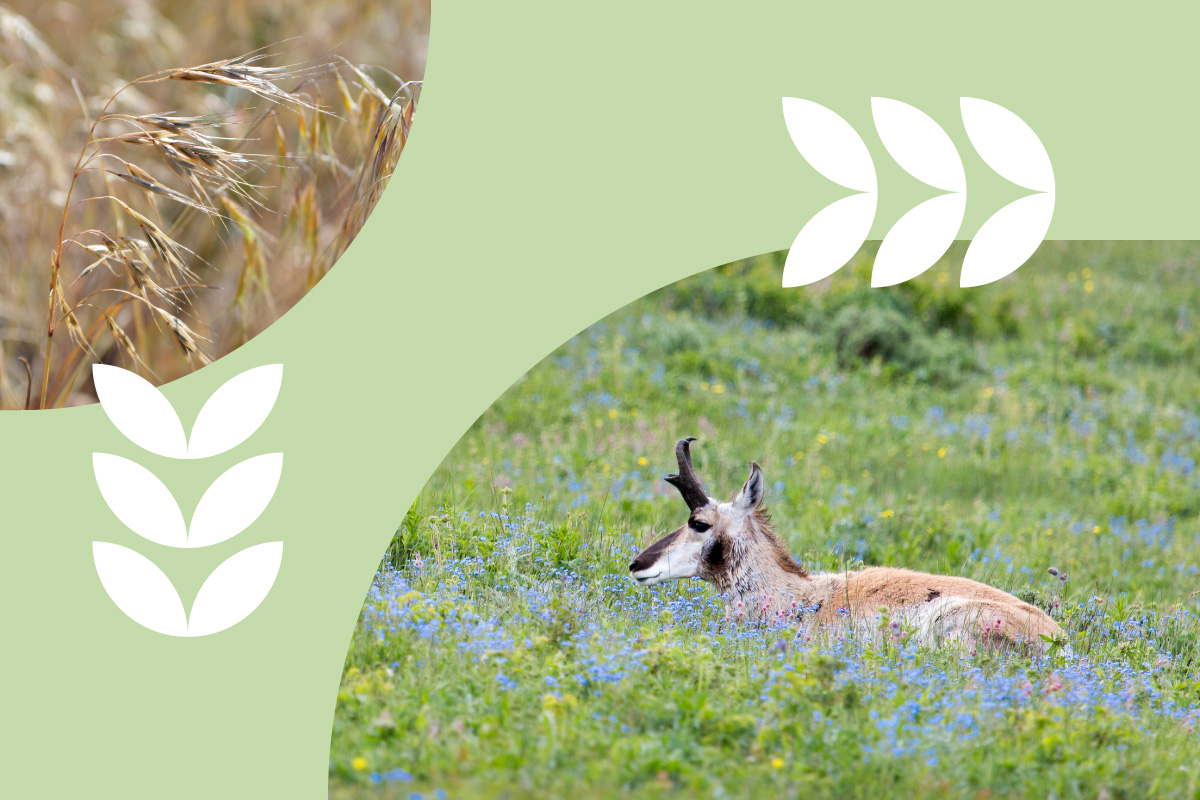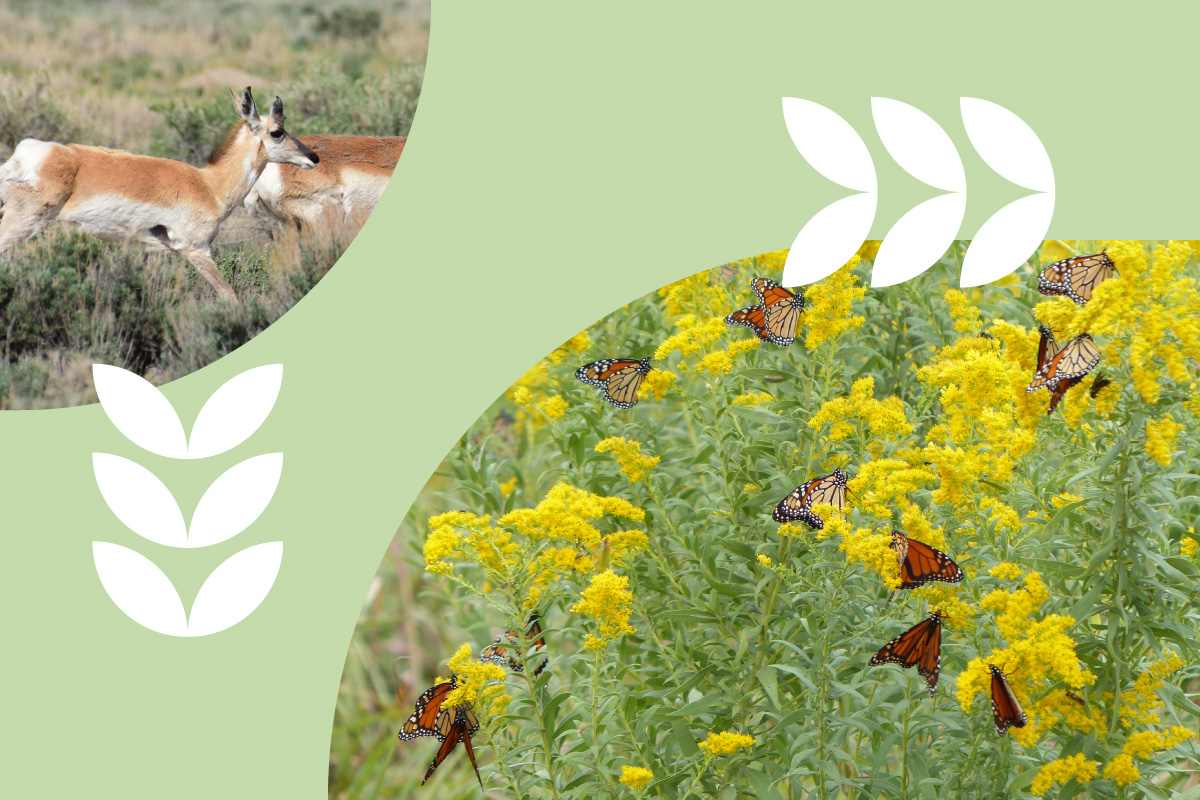2011 has been an exciting year for meteorologists. The United States has experienced a wide range of strange weather including dust storms in Denver, Colorado, deadly tornadoes in Joplin, Missouri, and severe drought across Texas. Many climatologists believe that extreme weather events are the result of climate change and use such events to buttress arguments for policies to curb greenhouse gas emissions.
These events and predictions, however, have not induced policymakers to take action. As an economist, a home owner in West Los Angeles, and the father of a ten-year-old son, I find myself asking how our quality of life will evolve as we face the challenge of climate change. How will Los Angeles be affected by climate change? Will my son’s standard of living be higher than mine, or would he be willing to pay to get onto a time machine to live his life back when his grandfather lived?
Thriving in a Hot Future
My book, Climatopolis: How Our Cities Will Thrive in the Hotter Future, provides some answers. It presents an optimistic vision of our urban future. All over the world, people are moving to cities. Some cities are large (think of Los Angeles) while others are small (think of Bozeman). Cities offer us the opportunity to specialize, trade, and learn. In this sense, cities are a key part of free market capitalism.
Of course, urbanites import food from rural farms. A whole field of scholars is exploring how climate change will affect agriculture. If urbanites have access to unfettered free international trade in agriculture, for example, then they will be protected from location-specific shocks to agriculture. After all, if Siberia has a bad wheat harvest, then another area of the world will be able to sell its crop for a price premium. International trade breaks the link between consumption and production and offers type of insurance against local agricultural weather shocks. Trade allows us not to “put all of our eggs in one basket.”
Individuals, not government, will make the best choices for themselves, recognizing the constraints and challenges that climate variability is posing.
By the definition of living and working in a city, urbanites are less exposed to climate change’s impacts than rural people. Think of one’s day-to-day life in a typical city. A person wakes up and commutes to work. This person works inside of a climate-regulated building. Such individuals do not spend much time outside. Where you live and work will determine the risks you face from heat waves, flood, and disease posed by climate change. Climate scientists will likely make progress in predicting which geographical areas face which risks posed by climate change. Armed with this information, households and firms will make new choices concerning where to locate and what types of structures to build.
It is important to note the emphasis on individual liberty and individual choice here. Individuals, not government, will make the best choices for themselves, recognizing the constraints and challenges that climate variability is posing. If a person has more resources and money, then he or she will have more strategies to cope with climate change. Free market growth is a major adaptation strategy. Richer people can migrate to safer areas, live in better quality housing, and afford more self-protection investments such as air conditioning, better foods, and better medical care.
Entrepreneurs at Work
Anticipating suffering caused by climate change actually creates new solutions. While many people may be like Homer Simpson and never think beyond today, there are always a few entrepreneurs—picture the late Steve Jobs or Mark Zuckerberg—thinking about what will be the next “big thing.” If only 3 out of a 1,000 people anticipate that we will need more energy efficient appliances, renewable power, floatable homes, or foods that can withstand heat extremes, this means that in a world of 7 billion people there are 21 million entrepreneurs at work. With this many “lottery tickets,” could they all fail? Those entrepreneurs who succeed at designing adaptation-friendly products will grow rich selling to people in our hotter future. Today, we take our Smartphones and ATM machines for granted. I foresee a future where entrepreneurs devote their efforts to protecting us. In this sense, capitalism will evolve to help us cope with the coming challenges we are likely to face.
Anticipating suffering caused by climate change actually creates new solutions.
The emphasis on the choices of self-interested individuals and firms as playing a key role in protecting people from climate change has angered critics of Climatopolis. They claim that I oppose government and do not believe in collective action. This blanket statement is false. I do not believe that government is Santa Claus. I view politicians as self-interested. A politician will address climate change if his or her own interests are threatened by ignoring the issue. Consider the incentives of center city mayors. In a nation that has many cities to choose from, if a city’s quality of life is sharply degraded by climate change, due to flooding and heat waves, the mobile and young skilled workers will move away and such skilled people will not move to that city. Today, Detroit is poor because it cannot attract and retain skilled workers. Highly educated people are the modern “golden goose” for cities. Anticipating this will give local politicians incentives to adapt to climate change. If they do not, then local land prices might fall and homeowners in such cities will suffer.
In Climatopolis, I anticipate that government will play a constructive role in generating real-time information about the evolving challenges cities face. Information is a public good and trusted cities will produce new flood maps and provide real-time information announcing smog alerts (i.e. warnings that the next day will be highly smoggy). Such information will allow people to make better choices and adapt at a higher frequency. Other government actions may backfire and slow down adaptation. In Texas today, there is a drought but water prices are still low. A free market economist would advocate allowing prices to signal true scarcity. Rising water prices would provide strong incentives to conserve water and seek out new products that help with this process.
Creative Adaptation
Free market capitalist growth has contributed to climate change. As billions achieve the American Dream in a world without an explicit carbon price, greenhouse gas emissions will likely continue to rise. But, I maintain that capitalism will help us solve many of the adaptation challenges we will face.
A major theme of Climatopolis is that as climate scientists continue to make progress with modeling climate change and as individuals learn about the day-to-day challenges climate change poses for different cities, residents will take proactive steps to adapt to changing circumstances. No doubt “new news” will continue to arrive. The Moscow heat wave in the summer of 2010, for example, was horrible and surprising, but the “silver lining” of such a shock is that the city learned that it is at risk. I predict that the city will make costly investments now to lower the impact of the next heat wave. This basic logic is why I am optimistic about our urban future. We have the right incentives to learn and to adapt to our changing environmental conditions.




